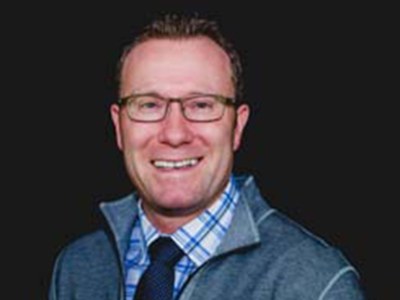Mapping the Humanities Q&A
 Daniel Krebs
Daniel Krebs
Department of History
2016-17 Commonwealth Center for the Humanities & Society Faculty Fellow
What is your role as a CCHS Faculty Fellow?
I am a military historian. As a CCHS Faculty Fellow, I will conduct an analysis and visualization of the 1862 Battle of Perryville through GIS data and software.
What is the role, and importance, of an "intellectual community" such as this in A&S? As scholars, and as part of the wider university community?
Working with others, discussing various theories and methodologies, and exchanging ideas allows us to sharpen our focus. Academic research becomes truly useful and effective only when we share our findings with other scholars and the public.
There are a variety of interests and academic disciplines represented in the program. How will working among such a diverse group elevate your own research? What are the benefits of participating in a community of diverse scholars such as this?
Learning about research in other fields and engaging different approaches to inquiry in the humanities broadens our views.
What does "mapping the humanities" mean to you?
For military historians, terrain and space are tremendously important. For centuries, we could only present two-dimensional analyses of battles and campaigns on maps and in writing. GIS data and software give us new technology for three-dimensional studies. Using innovative and interdisciplinary tools, we can overcome previously limited views of the past.
What inspired/s you to work in your particular academic field?
Wars dominate human history. We cannot push aside warfare into a separate category of horrible human behavior, or see it merely as a terrible exception to otherwise peaceable human progress. Instead, warfare remains the single most powerful agent of change in society.
